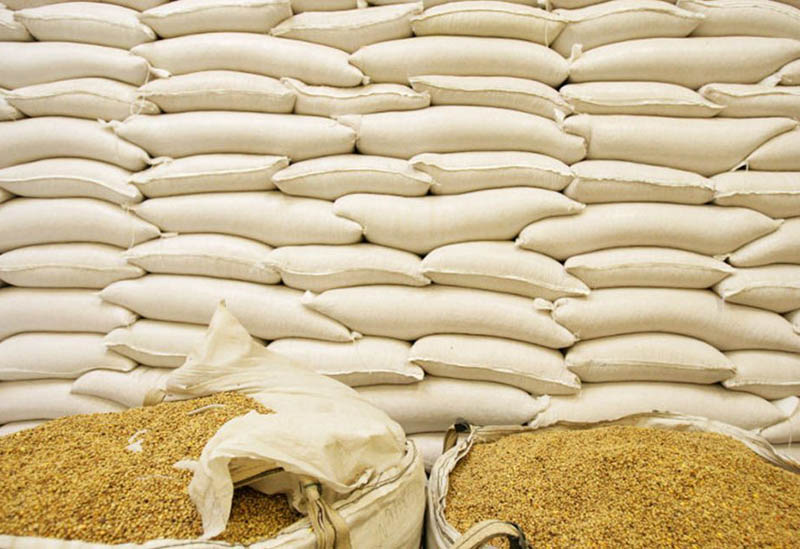Industry players have said the suspension of import duty on grain will stabilise prices while ensuring basic foodstuffs are accessible to the majority of citizens.
In a bid to alleviate drought and improve the availability of basic foodstuffs, the government this week, with immediate effect, suspended customs duty and scrapped import permits and licences for grain, maize meal, and wheat flour.
The measures are contained in Statutory Instrument 247 of 2019 – Customs and Excise (suspension/amendment) Regulations – which has since been gazetted to give that legal effect.
This comes at a time when Zimbabwe is facing a serious drought following the poor previous cropping season.
The new changes mean individuals and corporates can now import grain products duty-free without the need for a permit, and the suspension will last until May 2020.
Raw maize and maize meal, which used to attract 25 percent duty, will now be imported duty-free.
Bulawayo businessman, Golden Muoni, told CITE said the move was a positive development.
“What the government did was to try to open up the market and ensure that there are no shortages in terms of food,” said Muoni, who is also a senior member of the Zimbabwe National Chamber of Commerce (ZNCC).
“It is a good move because prices are going to come down with more players now in the supply side. There is nothing to protect anymore because we do not have the maize and wheat as a country.”
Another businessman, Tshidzanani Malaba said the suspension should have been effected much earlier.
“It (suspension of grain import duty) was long overdue considering our food insecurity which was publicly acknowledged by government some months ago when they made an appeal to international donors,” said Malaba.
“The current high prices of maize meal and bread, which are beyond the reach of many, are a clear testimony of a grain- deficient country. The government needs to go beyond the removal of duty and eliminate all bottlenecks on logistics to speed up the restocking of grain.
Grain Millers Association of Zimbabwe (GMAZ) spokesperson, Garikai Chaunza, also welcomed the development, saying it would easily avail basic foodstuffs to consumers.
But Brighton Ncube, ZNCC Bulawayo chapter chairperson, said the development has both positives and negatives.
“From a business point of view the suspension is a double-edged sword,” said Ncube.
“On one hand it will allow local millers to import grain at a lower cost and hopefully increase production capacity. On the other hand, there may be an increase in imported mealie meal or wheat flour which may be cheaper than locally produced one and ultimately cause a death knell to our already depressed local industry.”

